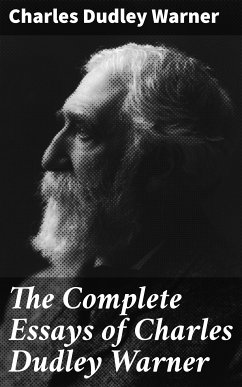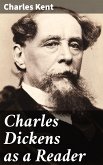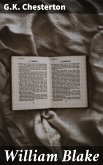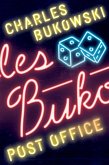In 'The Complete Essays of Charles Dudley Warner,' readers are invited into a rich tapestry of insightful reflections that explore themes of society, nature, and human experience. Warner's literary style is characterized by his sharp wit and conversational tone, offering a blend of humor and profound observation that engages the reader on multiple levels. This collection, set against the backdrop of late 19th-century American thought, underscores the tensions of a rapidly industrializing society while maintaining a deep appreciation for the natural world and its intrinsic value. Warner's essays, often suffused with personal anecdotes, navigate the delicate interplay between progress and preservation, rendering them timeless in their relevance. Charles Dudley Warner (1829-1900) was not only an eminent essayist but also a notable novelist and editor, closely associated with Mark Twain. His experiences in travel, journalism, and social commentary informed his writings, allowing him to capture the zeitgeist of his era with acuity. Warner's belief in the importance of literary expression as a means of social critique and cultural commentary propelled his desire to engage readers in conversations about the moral and ethical considerations of contemporary life. This anthology is highly recommended for readers interested in the evolution of American literature and thought. Warner'Äôs essays are both enlightening and entertaining, providing a nuanced perspective suitable for scholars and general readers alike. Moreover, they provoke thoughtful discourse on the intersections of nature, morality, and society, making this collection a compelling read that resonates well beyond its time.
Dieser Download kann aus rechtlichen Gründen nur mit Rechnungsadresse in A, B, BG, CY, CZ, D, DK, EW, E, FIN, F, GR, H, IRL, I, LT, L, LR, M, NL, PL, P, R, S, SLO, SK ausgeliefert werden.









